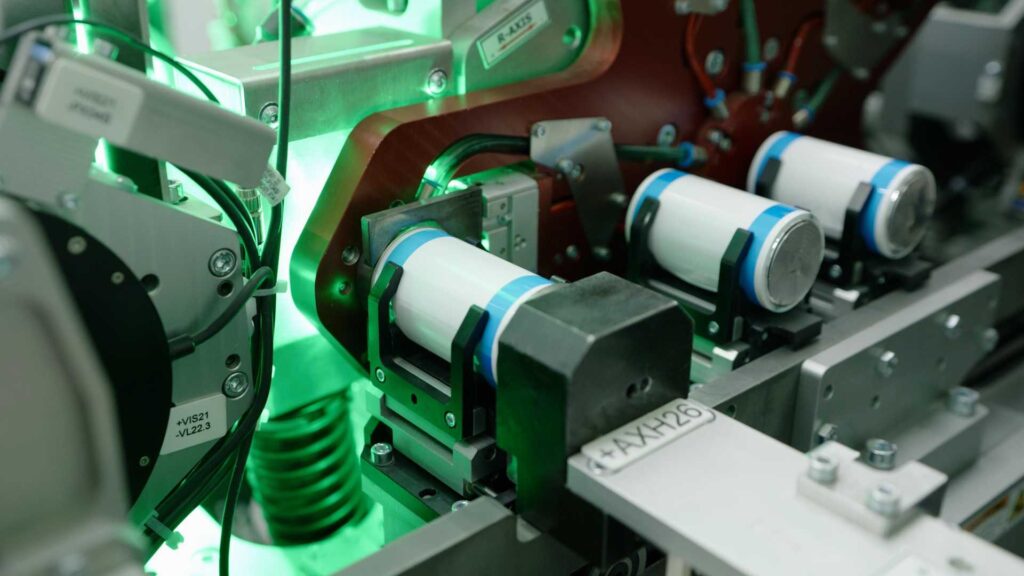Moravy’s comments suggest that Tesla is also focused on continuous improvement in its battery technology, rather than waiting for a revolutionary new breakthrough. This approach aligns with Tesla’s philosophy of incremental innovation and continuous refinement.
One key area of focus for Tesla is the development of solid-state batteries, which have the potential to offer higher energy density, faster charging times, and improved safety compared to traditional lithium-ion batteries. While Moravy acknowledges the potential of solid-state technology, he also emphasizes the ongoing advancements that can be made with existing lithium-ion and LFP batteries.
The ongoing research and development efforts in the battery industry are not limited to Tesla. Competitors like General Motors and Ford are also exploring new battery chemistries, such as lithium-manganese-rich cells, to improve the performance and cost-effectiveness of their electric vehicles. These efforts underscore the competitive nature of the EV market and the importance of continuous innovation in battery technology.
Overall, Moravy’s comments reflect a pragmatic approach to battery development, recognizing the value of incremental improvements while remaining open to the potential of breakthrough technologies. As EV adoption continues to grow and battery technology advances, consumers can expect to see more efficient, affordable, and capable electric vehicles on the market in the coming years. Tesla and other automakers are committed to pushing the boundaries of what is possible with EV batteries, ensuring a bright future for electric mobility. Lucid Motors has recently unveiled the Gravity, a new electric vehicle that boasts Panasonic-manufactured 2170 cells, allowing it to add an impressive 200 miles of range in just 10.9 minutes of charging. This achievement has set a new record in the U.S for fast charging capabilities. This breakthrough in charging technology is a significant step forward in the advancement of electric vehicles.
In a similar vein, BYD, China’s leading EV manufacturer, made headlines with the announcement of vehicles that can accept a previously unthinkable 1,000 kilowatts of charging power. This remarkable feat demonstrates the rapid pace of innovation in the EV industry and the commitment of manufacturers to push the boundaries of what is possible.
While solid-state technology has garnered attention for its potential to revolutionize battery technology, it is important to recognize the ongoing improvements in lithium-ion battery technology. According to industry experts, lithium-ion batteries have seen steady advancements in energy density and charging speed, with an estimated 3% annual improvement. This progress is evident in the evolution of Tesla’s vehicles, which have seen significant increases in range and charging speed over the years.
Tesla, a leader in electric vehicle technology, regularly updates its battery designs to incorporate incremental improvements in electrolytes, electrodes, manufacturing processes, and packaging. The company works with suppliers like LG, Panasonic, and CATL to source cells for its vehicles, while also developing in-house battery designs for models like the Cybertruck.
Looking ahead, industry experts anticipate continued performance gains in both in-house and supplier-sourced battery cells. While current technologies continue to evolve, researchers are also exploring future technologies that have the potential to further enhance the performance and efficiency of electric vehicles. As the demand for sustainable transportation solutions grows, advancements in battery technology will play a crucial role in shaping the future of the automotive industry.

